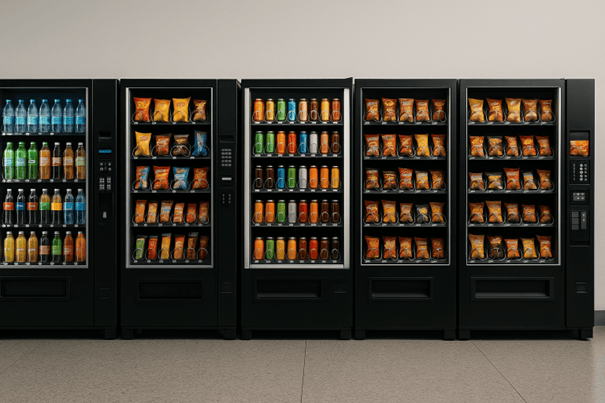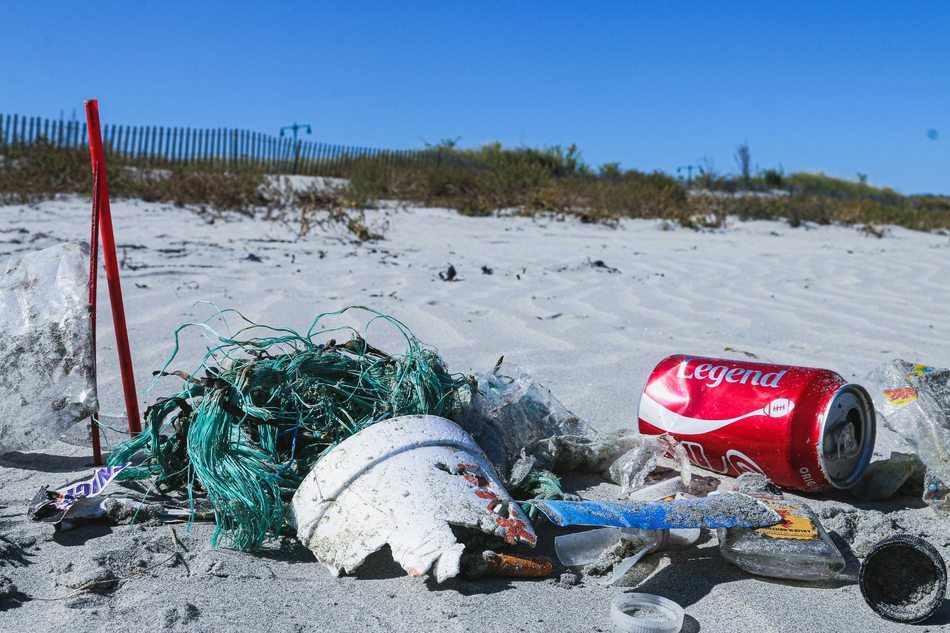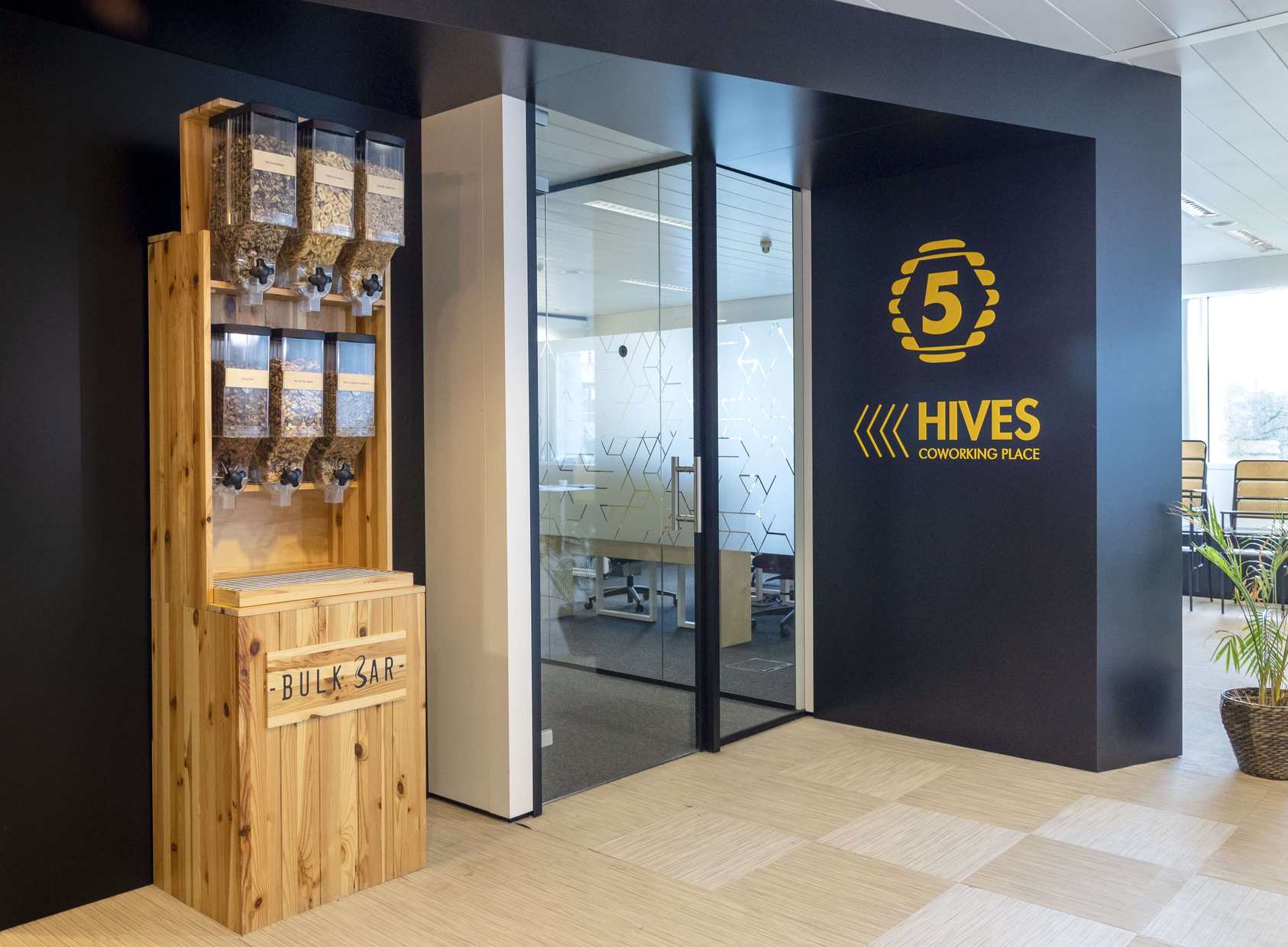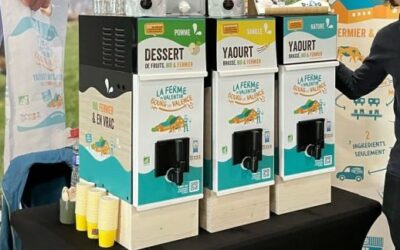Vending machines are everywhere in our daily lives. They provide constant access to a wide variety of products: hot drinks, cold beverages, snacks, and even everyday items. You’ll find them in offices, train stations, schools, and hospitals, meeting the need for quick and easy food solutions. However, while these machines offer undeniable convenience, they also come with significant downsides, especially when it comes to energy use, materials, and the quality of products they deliver.
Energy-hungry machines, even on standby
One of the main issues with vending machines is their energy consumption. By design, they need to operate 24 hours a day, which leads to considerable energy use. Cold drink machines and hot beverage dispensers are especially power-hungry, as they must constantly maintain very low or very high temperatures.
A cold drinks vending machine consumes an average of 800 to 2,500 kWh per year (source: ADEME). The exact figure depends on the technology, location, and usage level. This energy cost impacts not only the environment but also the price of products and the overall profitability of vending machines.
Poor nutritional value
The food and drinks most often found in vending machines are often criticized for their poor nutritional quality. Sugary sodas, ultra-processed snacks, low-grade instant coffee… vending machines are rarely associated with a healthy or balanced diet.
In many countries, including France, efforts have been made to provide healthier options. Still, progress remains limited. Consumers continue to buy products high in sugar, fat, and salt—mainly because they’re cheap and accessible. France’s Chamber of Agriculture of the Somme, for example, stresses the need to rethink vending machine offerings to improve product quality.
Packaging waste and recycling challenges
Another major drawback lies in the materials used to build vending machines. They’re largely made of metal, plastic, and electronic components, which makes recycling complex and costly. As a result, many end up abandoned or in landfills.
What’s more, the products sold in these machines often come wrapped in plastic or aluminum, both major sources of pollution. Coca-Cola, for instance, a staple in many beverage vending machines, is often sold in plastic bottles or aluminum cans, which frequently end up in landfills—or worse, in the ocean.
High installation and maintenance costs
Installing and operating vending machines also requires a hefty financial investment. Between purchase or rental, regular servicing, and ongoing maintenance, costs add up quickly. A vending machine costs several thousand euros upfront and must be maintained regularly to function properly. Technical issues, especially with payment systems (cards or mobile), can block purchases and harm the customer experience.
Managing vending machines therefore demands constant monitoring to ensure consistent product availability.
Sustainable alternatives are emerging
In response to these challenges, new alternatives are beginning to take hold. Smart lockers that distribute fresh, local products are one promising solution, offering a more sustainable alternative to traditional vending machines.
Other companies, such as BulkBar, are leading the way with eco-friendly vending solutions. Their “snack bars” offer nuts, dried fruit, and cereals in bulk, and work without electricity. Already available in Paris, Lille, Belgium, and Luxembourg, this new generation of healthy snacking solutions is gaining traction.
What’s next for vending machines?
The vending machine industry is gradually moving toward more responsible practices: more energy-efficient machines and higher-quality products. Progress, however, is slow, and traditional machines continue to dominate despite their many drawbacks.
Better maintenance could extend machine lifespans and improve profitability. Investment in more modern, eco-friendly equipment could also reduce environmental impact. Energy-efficient vending solutions and leasing options tailored to company needs are key steps toward a more sustainable future.
The next generation of vending machines?
Vending machines do provide convenience and accessibility. But their negative impacts can’t be overlooked. With high energy use, hard-to-recycle materials, highly questionable food quality, and costly operations, these machines need a serious rethink.
Both consumers and businesses have a role to play by supporting alternatives that are healthier and more environmentally responsible. Rethinking vending systems is essential to balance profitability with ecological responsibility.
Published on 28/07/2025












